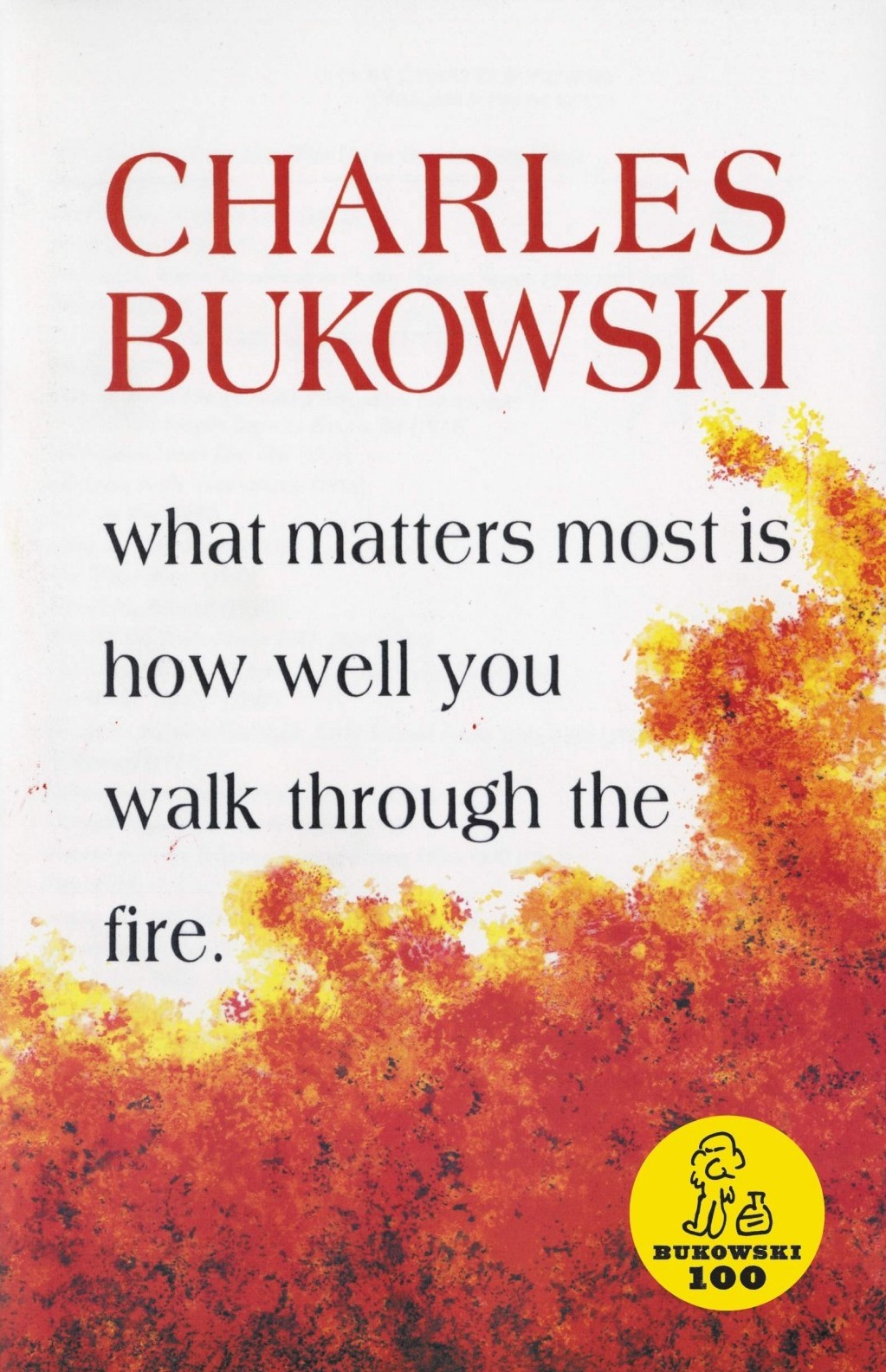What do you think?
Rate this book


416 pages, Kindle Edition
First published June 5, 1999
all theories
like cliches
shot to hell,
all these small faces
looking up
beautiful and believing;
I wish to weep
but sorrow is
stupid.
I wish to believe but belief is a
graveyard.
we have narrowed it down to
the butcherknife and the
mockingbird
wish us
luck.
...so much has gone by for most of us,
even the young, especially the young
for they have lost the beginning and have
the rest of the way to go;
but isn’t it strange, all i can think of now are
cucumbers, oranges, junk yards, the
old Lincoln Heights jail and
the lost loves that went so hard
and almost brought us to the edge,
the faces now without features,
the love beds forgotten.
the mind is kind: it retains the
important things:
cucumbers
oranges
junk yards
jails.
...there used to be over 100 of us in that big room
in that jail
i was in there many
times.
you slept on the floor
men stepped on your face on the way to piss.
always a shortage of cigarettes.
names called out during the night
(the few lucky ones who were bailed out)
never you.
...when love came to us twice
and lied to us twice
we decided to never love again
that was fair
fair to us
and fair to love itself.
we ask for no mercy or no
miracles;
we are strong enough to live
and to die and to
kill flies,
attend the boxing matches, go to the racetrack,
live on luck and skill,
get alone, get alone often,
and if you can’t sleep alone
be careful of the words you speak in your sleep;
and
ask for no mercy
no miracles;
and don’t forget:
time is meant to be wasted,
love fails
and death is useless
moments of agony and moments of glory
march across my roof.
the cat walks by
seeming to know everything.
my luck has been better, I think,
than the luck of the cut gladiolus,
although I am not sure.
I have been loved by many women,
and for a hunchback of life,
that’s lucky.
so many fingers pushing through my hair
so many arms holding me close
so many shoes thrown carelessly on my bedroom
rug.
so many searching hearts
now fixed in my memory that
i’ll go to my death,
remembering.
I have been treated better than I should have
been—
not by life in general
nor by the machinery of things
but by women.
but there have been other women
who have left me
standing in the bedroom alone
doubled over—
hands holding the gut—
thinking
why why why why why why?
women go to men who are pigs
women go to men with dead souls
women go to men who fuck badly
women go to shadows of men
women go
go
because they must go
in the order of
things.
the women know better
but often chose out of
disorder and confusion.
they can heal with their touch
they can kill what they touch and
I am dying
but not dead
yet.